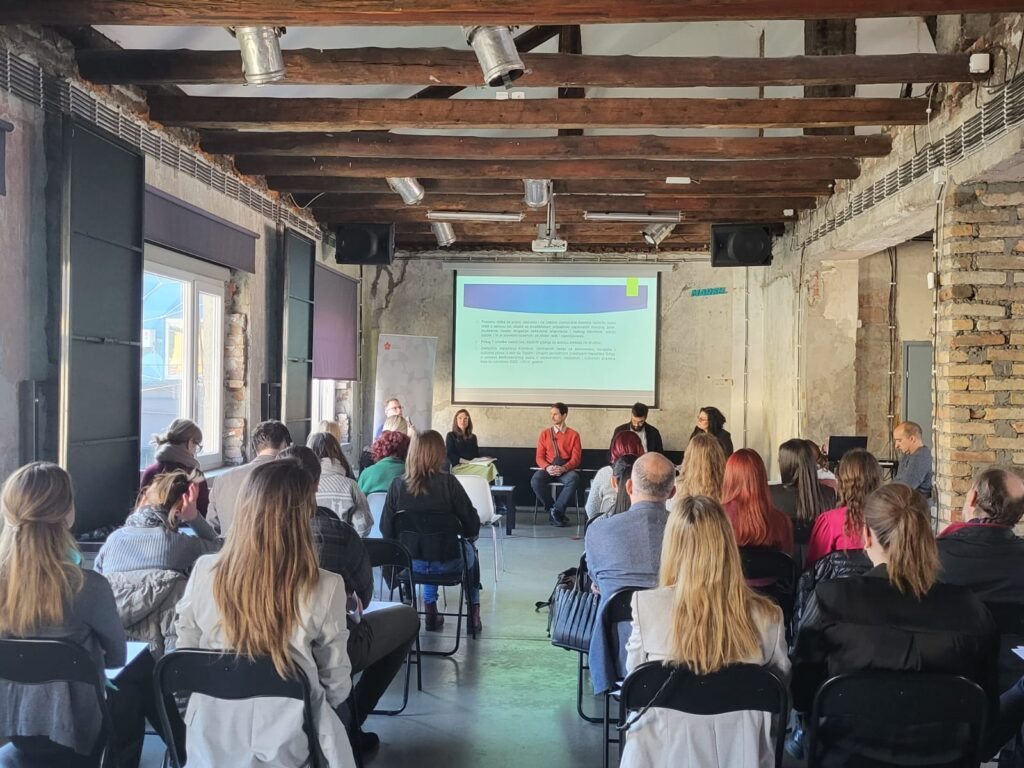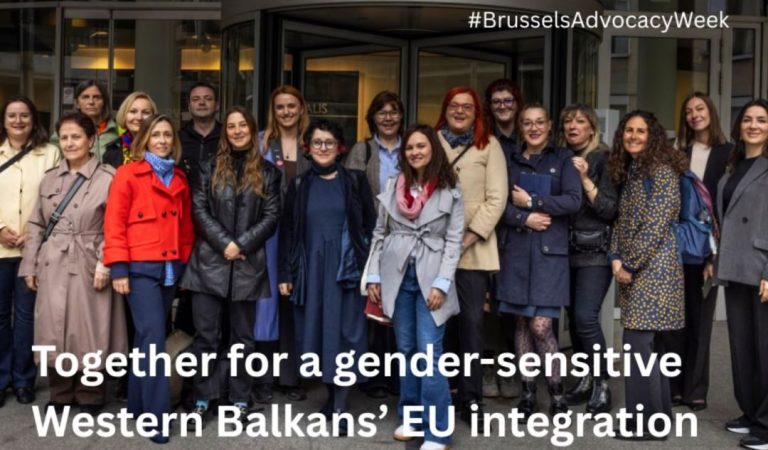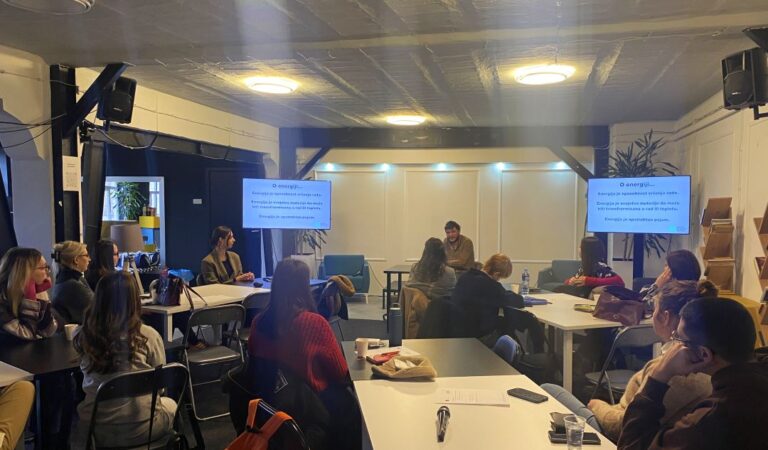On February the 10th, a debate was held on the advancement of economic and social rights through improved application of anti-discrimination legislation, bringing together representatives of the Ministry of Human and Minority Rights and Social Dialogue, the Commissioner for the Protection of Equality, the Public Policies Secretariat of the Republic of Serbia, the United Nations Human Rights Team, the A 11 Initiative as well as other associations and researchers dealing with the fight against discrimination.
The meeting was organized to discuss the implementation of Article 14 of the Law on Prohibition of Discrimination, prescribing the implementation of the impact assessment of the regulations and public policies on socio-economically vulnerable citizens.
During the debate, Aleksandra Petrović from the United Nations Human Rights Team pointed out the importance of improving the protection of economic and social rights and recalled the announced signing and ratification of the Optional Protocol to the International Covenant on Economic, Social and Cultural Rights, which would contribute significantly to complete the human rights protection system in Serbia. Moreover, she emphasized the importance of data classification and engagement of the expert community in the process of public consultations that precede the adoption of regulations and public policies. On the other hand, Nikola Radojlović, from the Ministry of Human and Minority Rights and Social Dialogue, spoke about the importance of impact assessment when adopting regulations and encouraged further engagement towards the full implementation of this legal provision.
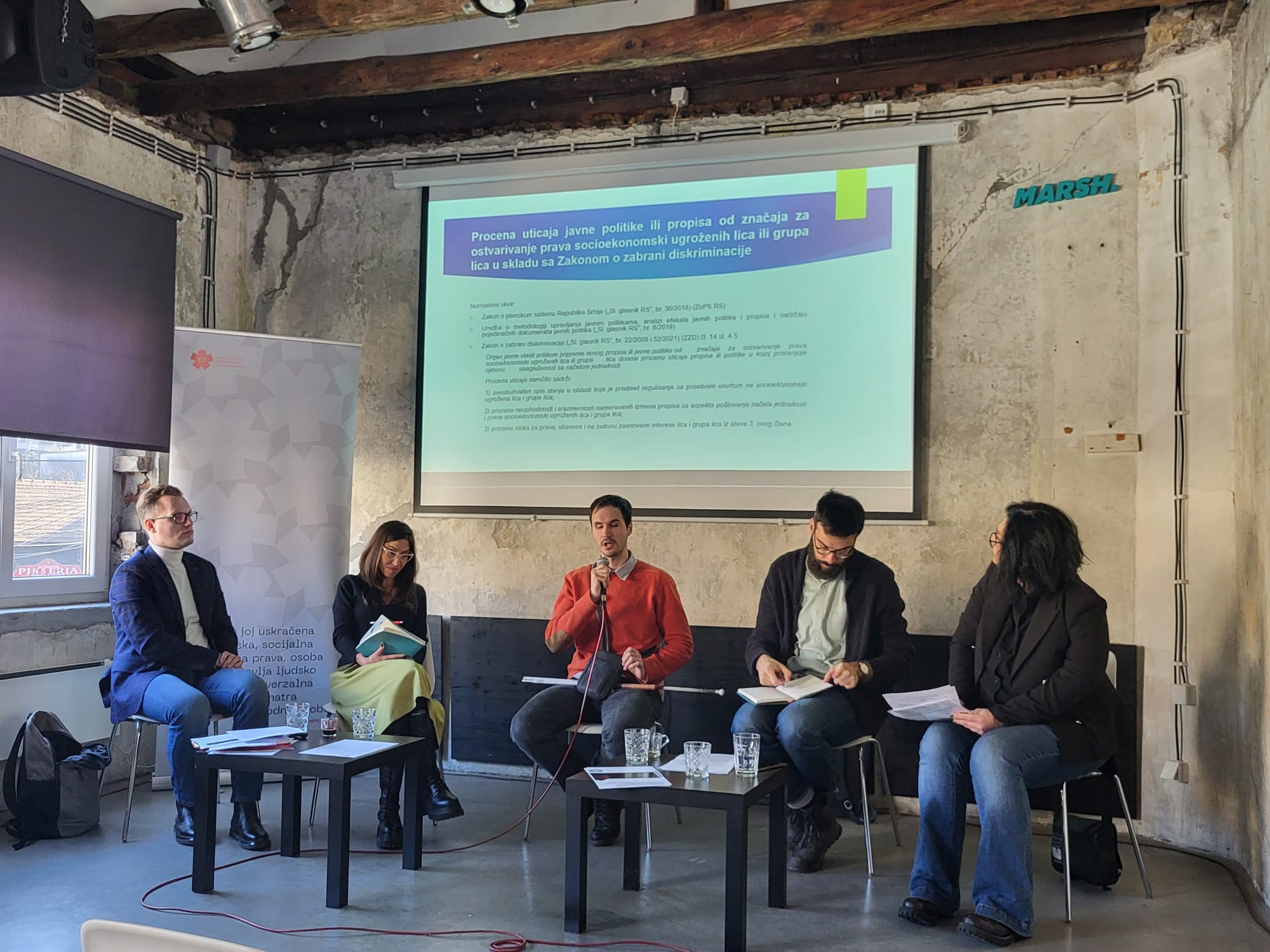
The Guidebook for the Application of the Public Policy and Regulatory Impact Assessment on Socio-Economically Vulnerable Citizens was also presented; it has been developed with the aim of presenting the public authorities and all other stakeholders with the steps in the process of carrying out the impact assessment of public policy documents and regulations in general, as well as impact assessment of new regulations or public policy documents on socio-economic and vulnerable citizens.
During the second part of the debate, Mirjana Kecman, Assistant Commissioner for the Protection of Equality, stated that this institution has noticed how the absence of the impact assessment leads to jeopardizing rights in practice, and that the reduction of systemic discrimination is of great importance. She pointed out that even in cases of regulations and public policies that apparently have no impact on vulnerable citizens (for example, those related to artificial intelligence), people shall always be placed at the center, which can be seen in the context of the Social Card Law. The Assistant Commissioner reminded of the recommended measures regarding the implementation of the impact assessment, which the Commissioner for the Protection of Equality recently forwarded to all local self-government units and relevant state authorities drafting and adopting regulations and public policies. Mirjana Kecman concluded that “Article 14 of the Law on Prohibition of Discrimination provides an opportunity for a new way of observing all regulations from the aspect of legal equality”.
Milica Marinković from the A11 Initiative presented the Analysis of the Application of Anti-Discrimination Regulations in the Field of Economic and Social Rights, prepared with the aim of indicating in which situations citizens recognized the Commissioner for the Protection of Equality as an institution they can turn to in the event of a violation of socio-economic rights. The analysis also highlighted that there are violations of economic and social rights that remain unrecognized by the most vulnerable citizens.
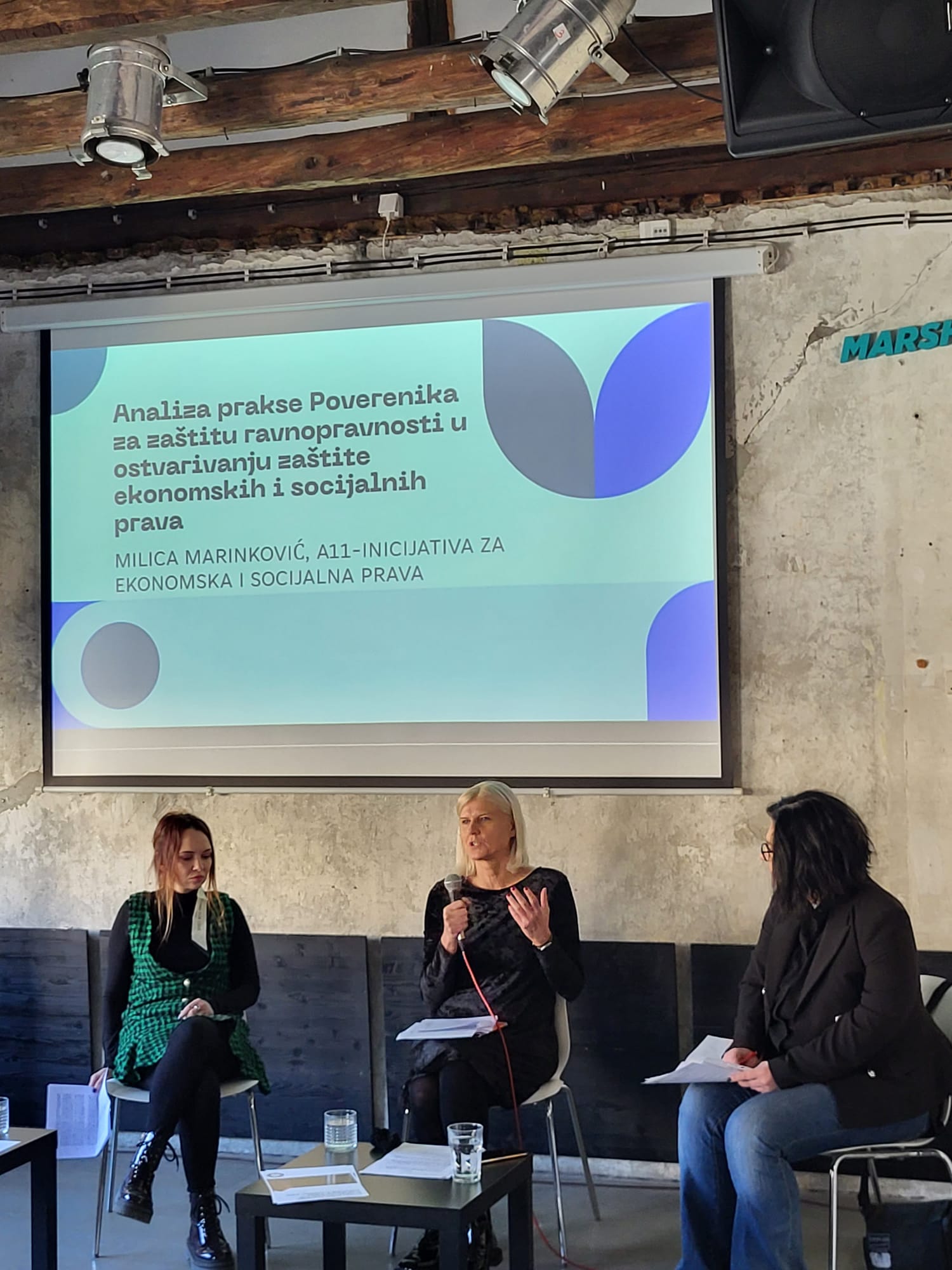
During the debate, representatives of the public and civil sectors analyzed how to improve the implementation of the impact assessment tool to socio-economically vulnerable citizens.
The meeting, as well as all accompanying activities that preceded it, were supported within the project “Advancement of Economic and Social Rights through Improved Application of Anti-Discrimination Legislation” supported by the Royal Norwegian Embassy in Belgrade and the Balkan Trust for Democracy – German Marshall Fund of the USA (BTD).
